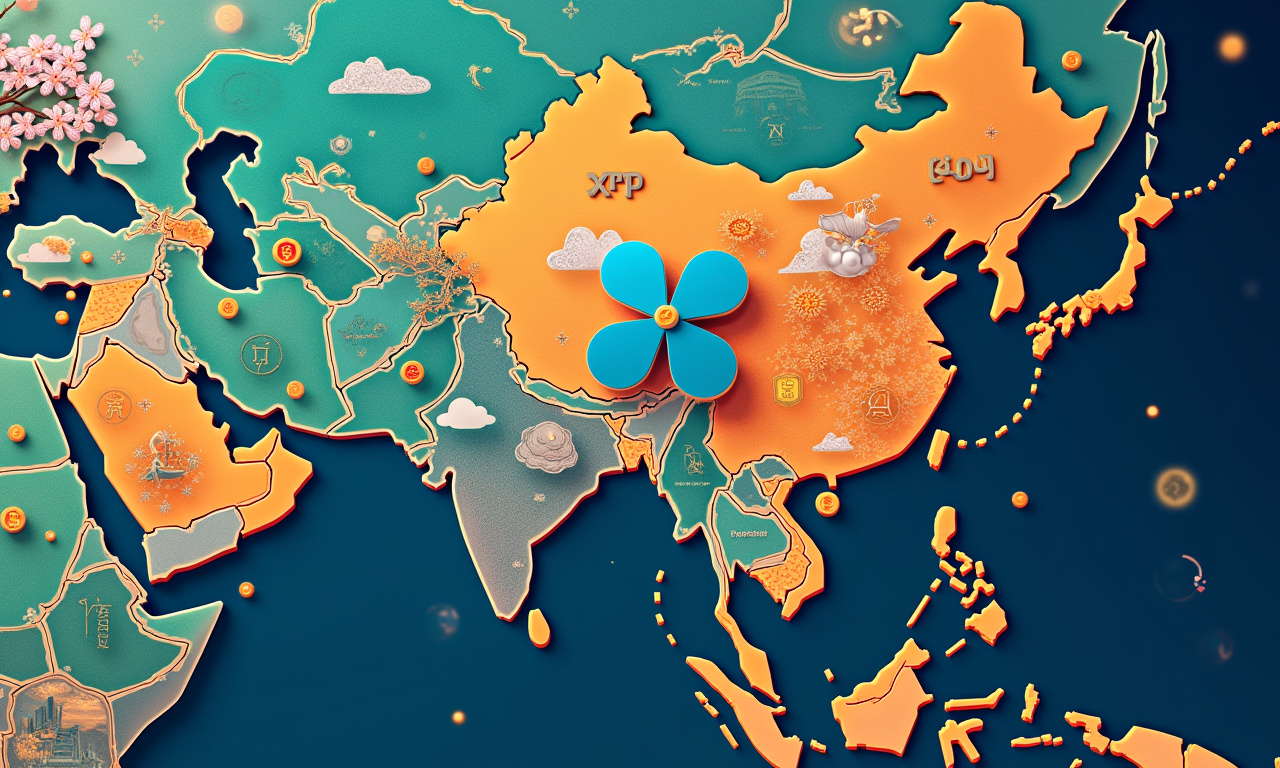
Aethir's Alliance The Data Says Decentralized AI Is the Future

Liu Wenjing
The AI revolution and digital transformation is underway, but are we creating a digital dystopia by default? Let's face it: the current AI landscape is dominated by a handful of tech giants, hoarding data and compute power like digital dragons guarding their gold. A new report shows that 97% of AI infrastructure remains highly centralized. This worrisome aggregation of authority should truly alarm all those concerned about liberty and progress. We're handing the keys to our future to a select few, and that's a recipe for disaster. The alternative—where every decision and algorithm is dependent on one omniscient, omnipotent AI—is the dystopia. Who has power over this AI technology? If you guessed “using obsolete cookie-based identifiers,” you can take a bow.
This isn't some far-fetched science fiction scenario. Unfortunately, this is the trajectory we’re on as of today.
The current centralized model is fraught with issues. Think about it: data privacy becomes a joke when all your information sits on a single server farm. Transparency? Forget about it. You have no way of knowing how these algorithms are determining who to admit and who not to that directly impacts your life. And security? All it takes is one successful hack to undermine the entire system. It’s akin to erecting a 100-story skyscraper on a sand dune.
Centralized AI: A Ticking Time Bomb?
We've seen this movie before. What was once touted as a democratizing force has in fact reverted power and control to a command-and-control structure concentrated under the control of six corporations. Are we going to make the exact same mistake with AI? The stakes are even higher this time. So, let’s learn from what worked and what didn’t. Let’s do things differently. We need to democratize the power of AI and not allow it to become a tool of repression.
On the surface, it seems like just another case of tech buzzword salad. Look beyond the hack’s surface, and you’ll discover a truly fascinating proof-of-concept effort to create an open, decentralized AI infrastructure. The alliance brings together builders such as 0G Labs, Biconomy, and ChainGPT. It’s not just about slapping “Web3” onto current AI models, but rather should seek to spark real change. This is a first, deeper, and more profound rethinking of what AI creation and implementation should look like. Consider it open-sourcing the literal glue that connects AI together.
Aethir's "AI Unbundled": A Glimmer of Hope
Let's be realistic. Decentralized AI isn't a magic bullet. There are significant challenges to overcome. The technology is very nascent, regulatory uncertainty is at the highest levels, and standardization is desperately missing. True decentralized AI systems will need a dynamic combination of blockchain technology, advanced cryptography and distributed computing. It's not for the faint of heart.
We can’t risk waiting for the silver bullet that appears fully formed and ready to deploy. If we want an AI future that is more decentralized, we have to begin constructing the infrastructure for it today. This is why we need to back efforts such as Aethir’s “AI Unbundled” and continue to push for best-in-class innovation in this space.
- Market Trends: Decentralized computing is booming. Blockchain adoption is skyrocketing. Investment in AI is through the roof. Put these trends together, and you get a powerful argument for decentralized AI.
- Scalability and Efficiency: Centralized AI models require massive computing resources. Decentralized infrastructure can distribute the workload, making AI applications more scalable and efficient.
- Security and Privacy: Decentralized AI can protect data privacy by distributing data across multiple nodes. This reduces the risk of data breaches and ensures data sovereignty.
- Cost-Effectiveness: Decentralized GPU resources can be significantly cheaper than traditional cloud computing. This makes AI development more accessible to smaller players and independent researchers.
| Feature | Centralized AI | Decentralized AI |
|---|---|---|
| Infrastructure | Single, central server farm | Distributed network of nodes |
| Data Privacy | High risk of data breaches | Enhanced data protection |
| Transparency | Limited algorithmic visibility | Greater transparency and auditability |
| Cost | High computing costs | Lower computing costs |
| Scalability | Limited by central resources | Highly scalable and flexible |
Decentralized AI: Not a Panacea, But a Necessary Step
My prediction?⚙️ Over the next five years expect a Cambrian explosion of decentralized AI applications. From personalized medicine to autonomous vehicles to decentralized finance, AI will be inextricably linked to the future of our lives. Whether that future is one of freedom and opportunity or one of control and surveillance depends on the choices we make today.
The data is clear: Decentralized AI is not just a technological trend. It's a moral imperative. The good news is, it’s not too late to reclaim our digital destiny.
We can't afford to wait for the perfect solution to emerge fully formed. We need to start building the infrastructure for a decentralized AI future now. We need to support initiatives like Aethir's "AI Unbundled" and encourage innovation in this space.
My prediction? In the next five years, we'll see a Cambrian explosion of decentralized AI applications. From personalized medicine to autonomous vehicles to decentralized finance, AI will be woven into the fabric of our lives. But whether that future is one of freedom and opportunity or one of control and surveillance depends on the choices we make today.
The data is clear: Decentralized AI is not just a technological trend; it's a moral imperative. It's time to take back control of our digital future.


